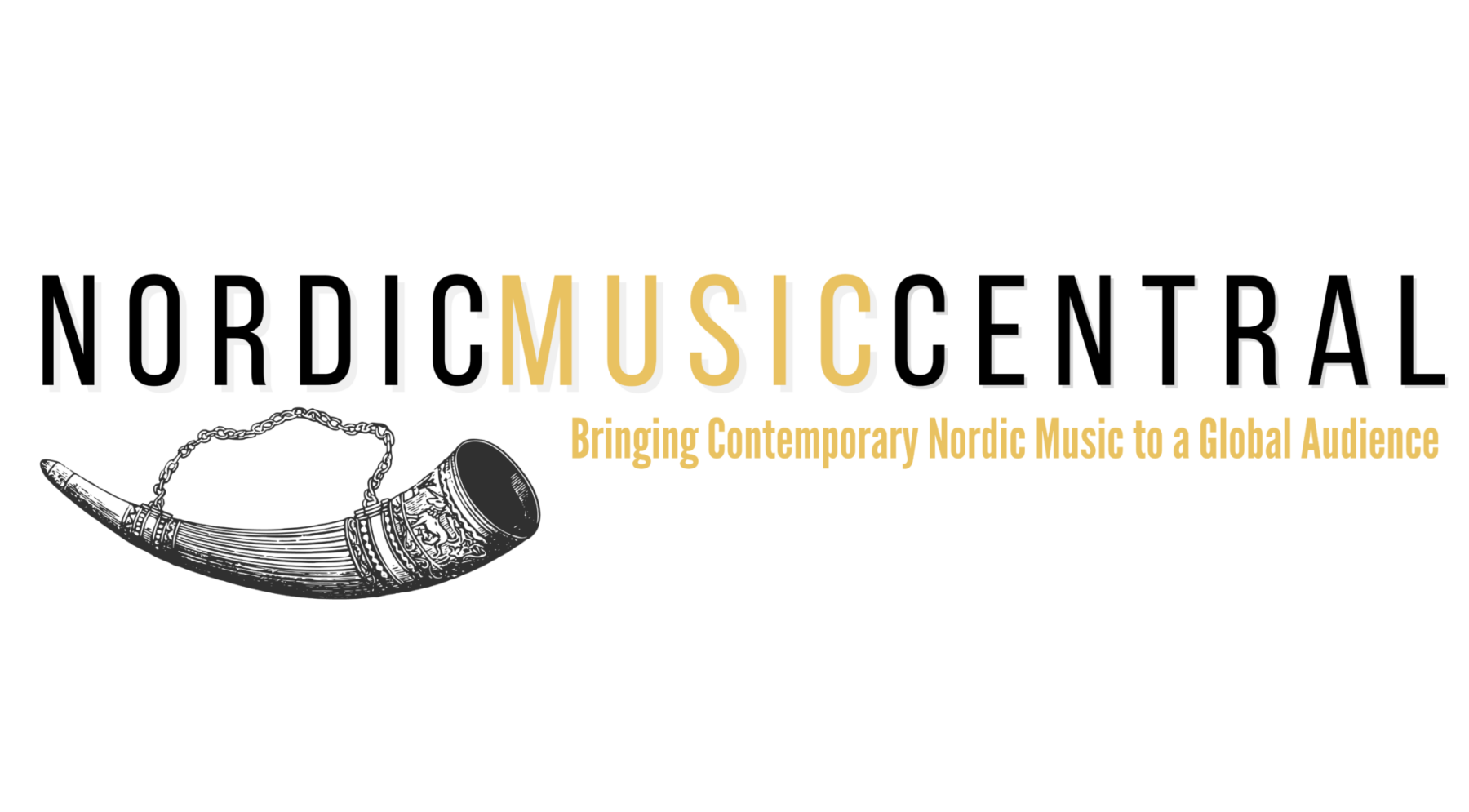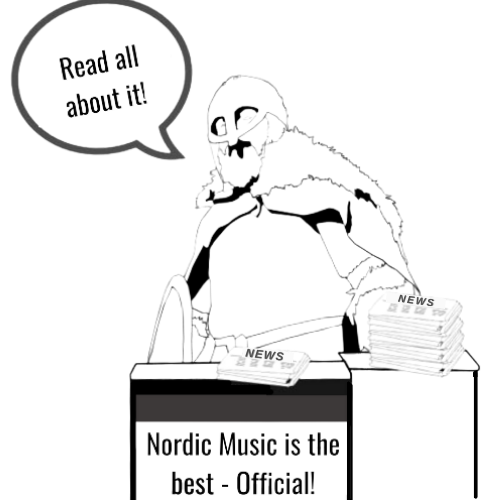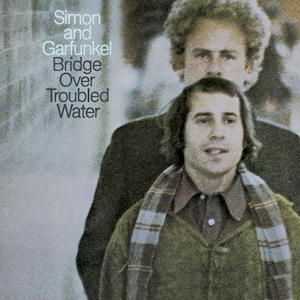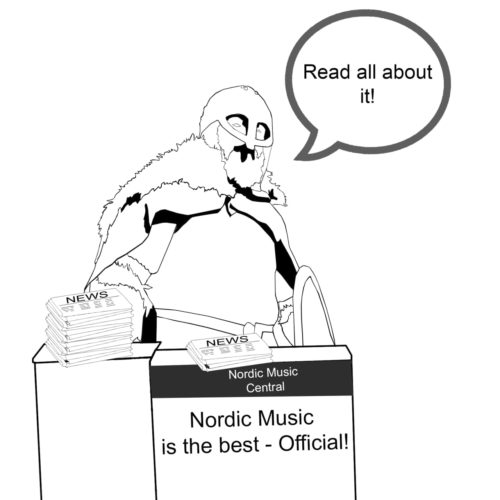Weekend Intermission is our regular feature where we look at an artist or band not from the Nordic countries, just to mix things up a bit.
It’s a question that often crops up around dinner party tables, and I attend a lot of dinner parties of course, being a socialite or so they tell me. Or was that cellulite? Anyway – What is the greatest popular music song ever recorded?
I thought I’d offer this conundrum up occasionally in the Weekend Intermission section, throwing out a few ‘possibles’. They don’t have to be from the Nordic countries of course but one or two will be, for sure. If you want to suggest your own, please do so in the comments section, I might draw up a list, later.
This is purely subjective of course; there is no way of doing this objectively.
I’ll start them off with what I think would be the winner, the #1, the Numero Uno, for me, Simon & Garfunkel’s ‘Bridge over troubled water.’
Whenever this debate occurs it is the song I eventually gravitate towards, the go-to song for any generation. It’s one that literally has it all, from sublime piano introduction to anthemic orchestrated final verse and chorus.
Many people know the story behind the song and how the third verse was added but I’ll summarise it here.
Written by Paul Simon it was sung solo by Art Garfunkel apart from some harmonising by Simon on the final verse, something that caused resentment towards the end of their career as a duo as listeners regarded it as Garfunkel’s song. It is the second single off their fifth and final studio album, which has the same title, and it was the first track on Side 1. The last song recorded for the album, it was the first to be written for it.
It was their most successful single, winning five Grammys, including Record of the Year and Song of the Year. It topped the Billboard Hot 100 chart in the US for six weeks and topped other charts in four other countries and was in the top five in another eight, selling six million copies worldwide. One of the most performed songs of the 20th Century and their ‘signature’ work, it has been covered by over 50 professional artists.
It is ranked 66 on Rolling Stone’s ‘Greatest Songs of All Time’ but what does Rolling Stone know, apart from the fact that they gather no moss?
‘Bridge over troubled water’ was originally two verses and more in the way of a ballad than a piece of power pop. But producer Roy Halee and Garfunkel suggested Simon write a third verse, which Halee orchestrated with a string section into one of the most magnificent outros of all time.
At almost five minutes it went well over what was at that time held to be the maximum playing time for a single (three minutes). But Simon was convinced it would, along with ‘Cecilia’ from the same album, be a hit and record company Columbia decided to take a gamble on it. The rest is history.
And the rest of the story you can easily Google yourself (other search engines are available). The question is; what is so good about it?
Where do I start? Firstly there’s that sophisticated piano introduction and how it contrasts with the nigh-on orgasmic ending. There’s Garfunkel’s sweet high tenor vocal, which absorbs and succours those seeking comfort. Would it have sounded better if Simon had joined Garfunkel in a duet as the latter wanted him to do? Who knows? It’s pretty good as it is.
Also, how it builds subtly in intensity. It could quite happily have terminated after two verses and still have been a great song but that added third verse lifts it into a different class, despite the lyrics being a little out of sync with the other two. (“Sail on silver girl” is erroneously thought by some to be a drug reference but in fact is a jokey line about Simon’s girlfriend [later wife] who had found a few grey hairs and was fretting about it).
The musicianship is inspirational. While it’s mainly piano for the first two verses the intervention of Joe Osborn’s bass in the third verse sits wonderfully with the strings while Hal Blaine’s percussion suggests fireworks, then gunshots at a distance and finally a mother of all bombs right next door.
And it is that refined musicianship together with the lyrics that make the song. Those lyrics are marvellously vague. The song can be employed in just about any situation where support is sought from one person to another. It could be as simple as getting fired from a job, or having a relationship suddenly fall apart, or fighting Covid, to dodging shells in the Kyiv underground.
“Oh, if you need a friend
I’m sailing right behind”.
The perfect pop song. QED.




